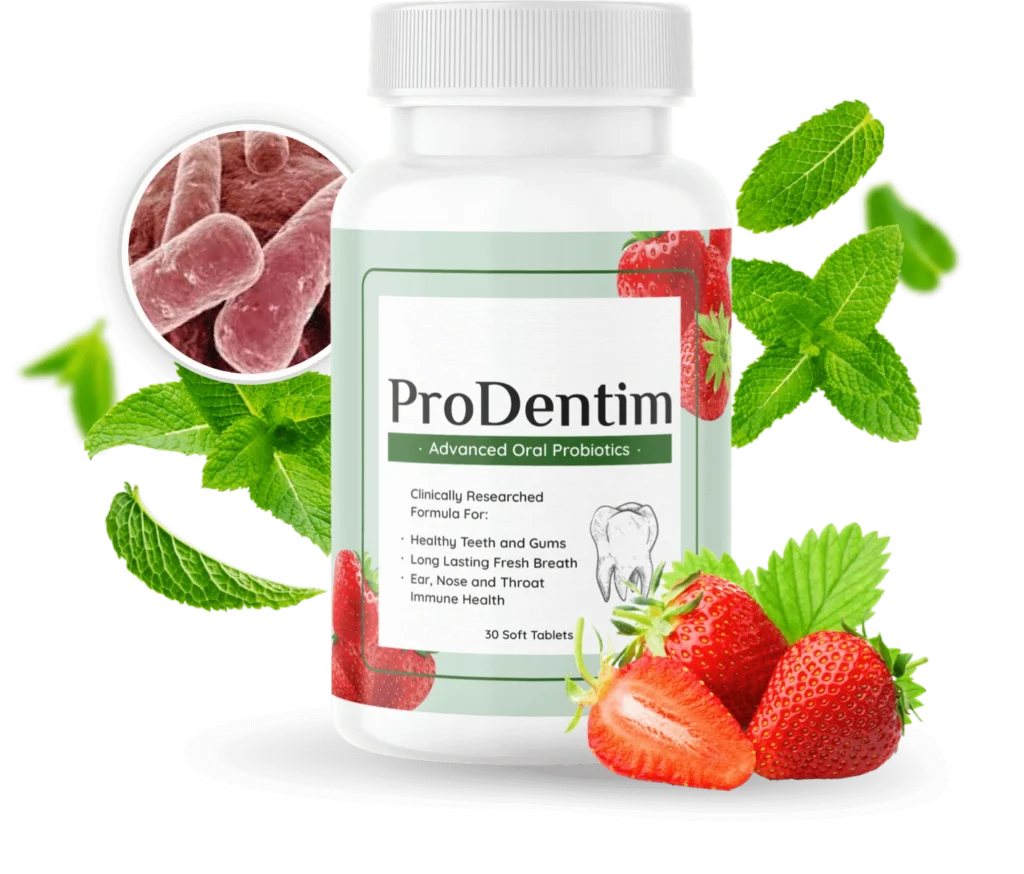As people age, their dental needs change. Senior citizens require special attention to maintain good oral health and protect the teeth and gums from decay and disease. Poor dental hygiene can lead to serious health issues that can compromise an individual’s quality of life. In this article, we will discuss the importance of preventing and maintaining good dental health for seniors. We will explore the different treatments available, as well as preventive measures that can be taken to promote strong teeth and gums in older individuals.
Common Dental Issues for Seniors
Seniors face many unique challenges when it comes to their dental health. As we age, our teeth and gums become more susceptible to a variety of oral health issues, including cavities, periodontal disease, dry mouth, and other conditions. It is important for seniors to understand the common dental problems they may be at risk for in order to better protect their teeth and maintain good oral hygiene.
Oral diseases become increasingly common with age due to changes in saliva flow and reduced mobility that may make brushing and flossing difficult or less effective. Cavities are one of the most frequent problems among senior citizens due to poor oral hygiene habits or decreased ability to reach areas of the mouth while brushing effectively.
- Problem 1: Dry Mouth
- Problem 2: Gum Disease
- Problem 3: Root Decay
- Problem 4: Loss of Teeth
- Problem 5: Oral Cancer
- Problem 6: Sensitive Teeth
- Problem 7: Poor Quality Dentures
As we age, our mouths change in ways that require extra attention and special consideration when it comes to dental care. It’s important for seniors to be aware of these changes and watch for signs that could indicate a problem or the need for additional dental care.
The teeth can become more sensitive as we age due to years of wear and tear from brushing, grinding, eating acidic foods, or drinking beverages with sugar or acid. Regular checkups with your dentist should include an examination for cavities and gum disease, as well as an assessment of the mouth’s bone support structure which can weaken over time.
Oral Hygiene Tips for Seniors
Dental health for seniors is an important issue that should not be overlooked. As we age, our dental health can deteriorate, leading to a variety of issues that affect our overall wellbeing. It is essential for seniors to take care of their teeth and gums in order to maintain good oral hygiene and reduce the risk of cavities and gum disease.
To ensure your dental health as you get older, it is important to visit your dentist regularly. Regular check-ups can help prevent serious problems from developing, such as tooth decay or gum disease. Additionally, it is essential to brush twice a day with fluoride toothpaste and floss daily in order to keep your teeth clean and free from plaque buildup. Eating a balanced diet rich in fruits, vegetables, dairy products and whole grains will also aid in maintaining good dental health.
Denture Cleaning
Maintaining excellent oral health is essential for seniors, and denture cleaning is an important part of this. Dentures are a common choice for replacing lost teeth and can be vital in helping seniors eat, speak and smile with confidence. Taking proper care of these dental prosthetics is critical in order to keep the mouth healthy.
Regularly cleaning dentures helps to remove food particles as well as plaque and tartar that can build up on them over time. This reduces the risk of gum inflammation and infection which can cause pain, bad breath and even tooth loss if left untreated. Daily brushing with a soft-bristled brush should be done along with daily soaking in either water or a special cleanser made specifically for dentures. Doing so will help kill bacteria that may have accumulated on them throughout the day providing much needed protection for dental health for seniors wearing dentures.
Curing Dry Mouth
When it comes to dental health for seniors, dry mouth can be a serious issue. Dry mouth is caused by a lack of saliva production and can lead to tooth decay and gum disease. It’s important for seniors to take steps to keep their mouths moist in order to maintain good dental health.
There are several strategies that seniors can use to help cure dry mouth. Increasing the amount of water they drink throughout the day helps stimulate saliva production and keeps their mouths hydrated. Additionally, avoiding certain foods such as caffeine or alcohol also helps reduce dryness in the mouth. Regular brushing and flossing with fluoridated toothpaste is another essential step in maintaining dental health for seniors with dry mouths. Specialized oral rinses may also be prescribed by dentists which can help control bacteria levels in the mouth and keep it from becoming overly dry.
What to Expect
Senior citizens should visit the dentist regularly for check-ups and preventive care. During a dental exam, seniors can expect their dentist to assess the overall health of their teeth and gums, as well as perform any necessary treatments.
At the start of the examination, a hygienist will take x-rays in order to get an accurate picture of what’s going on beneath the surface. Depending on your individual situation, this may include panoramic x-rays that show all your teeth and surrounding structures. Your dentist will then review these images along with any other findings from your physical exam before making recommendations for treatment or preventive care.
Preventative Care
Dental health for seniors is an important issue, as age can increase the risk of developing dental conditions such as cavities, gum disease, and tooth loss. Taking preventive measures to ensure good oral hygiene is essential for elderly individuals so that they can enjoy optimal oral health throughout their lifetime.
Preventative dental care should begin with regular visits to a dentist. During these appointments, the dentist will examine the patient’s teeth and gums, look for any signs of decay or disease, and recommend treatments that may be necessary. Additionally, they’ll be able to offer proper advice on how best to maintain healthy teeth and gums; this includes brushing twice daily with fluoride toothpaste plus flossing at least once per day.
Prodentim is a dental support formula of natural origin that has been specifically formulated to facilitate and sustain optimal dental and oral health. The product is formulated with a distinctive combination of 3.5 billion probiotic strains and vital nutrients, which have undergone clinical investigation and demonstrated efficacy in promoting dental and periodontal wellness. The objective of this product is to replenish the oral microbiome with beneficial bacteria, with the aim of reinstating its inherent equilibrium.

Managing Dental Costs
According to the US Census, there will be 98 million US adults who are 65 or older in 2060, or 24% of the entire population. The older Americans who have the worst oral health are typically individuals who are less fortunate financially, don’t have insurance, and belong to racial or ethnic minorities. Poor dental health is also more likely in people who are institutionalised, homebound, or incapacitated (such as elderly people who reside in nursing homes). Smokers 50 years of age and older are also less likely to receive dental care than non-smokers. Because they lost their benefits upon retirement and the federal Medicare programme does not cover normal dental treatment, many elderly Americans lack dental insurance.
Good dental health is an important factor for everyone, regardless of age; however, it can become especially difficult for seniors to keep up with due to the higher cost of procedures. Fortunately, there are financial aid options available that can assist seniors with their dental care.
One option is through Medicare Parts A and B. While these do not cover all costs related to dental care, they do cover preventive services and emergency treatment such as extractions and denture repairs. Other programs exist at the state level that provide more comprehensive coverage such as Medicaid or programs like Smiles for Seniors which offer free preventative services and discounts on other treatments. There are also organizations both local and national that offer grants specifically dedicated to helping seniors pay for their dental needs.
Conclusion
In conclusion, a little bit of effort goes a long way in terms of maintaining healthy teeth and gums. Brush twice a day with fluoride toothpaste, floss daily, visit the dentist every six months, watch what you eat and drink, and limit sugary snacks. Maintaining good oral health should be an important part of any senior’s routine in order to prevent potential dental issues that can arise with age.
Disclosure:: This article contains affiliate and informative links. We may get compensation at no additional cost to you for purchases made through the links. The above is a sponsored post, the views expressed are those of the sponsor/author and do not represent the stand and views of OneFitDay Editorial.
Disclaimer: These statements have not been evaluated by the Food and Drug Administration. The products are not intended to diagnose, treat, cure, or prevent any disease. Please consult with a licensed professional if there are any questions or concerns about the side effects or negative adverse reactions.

